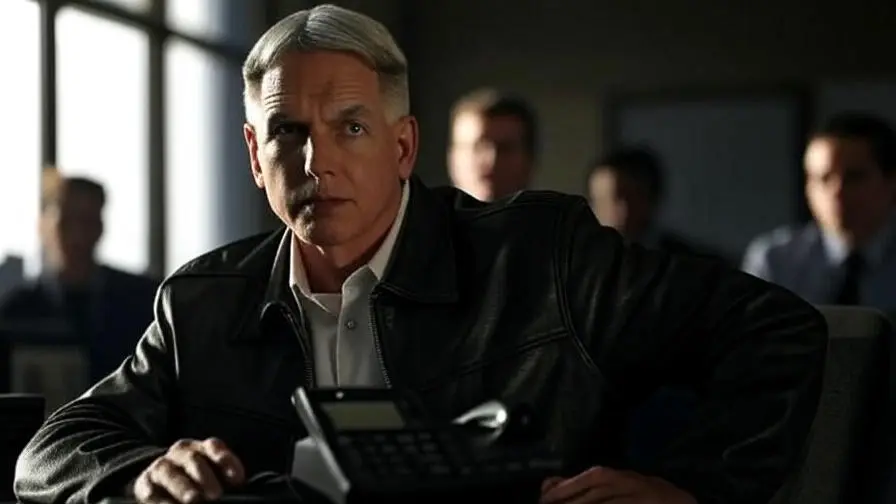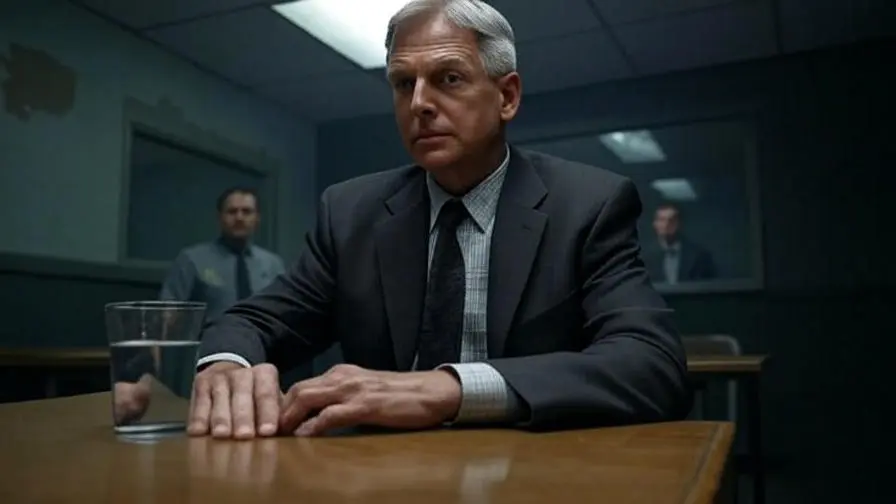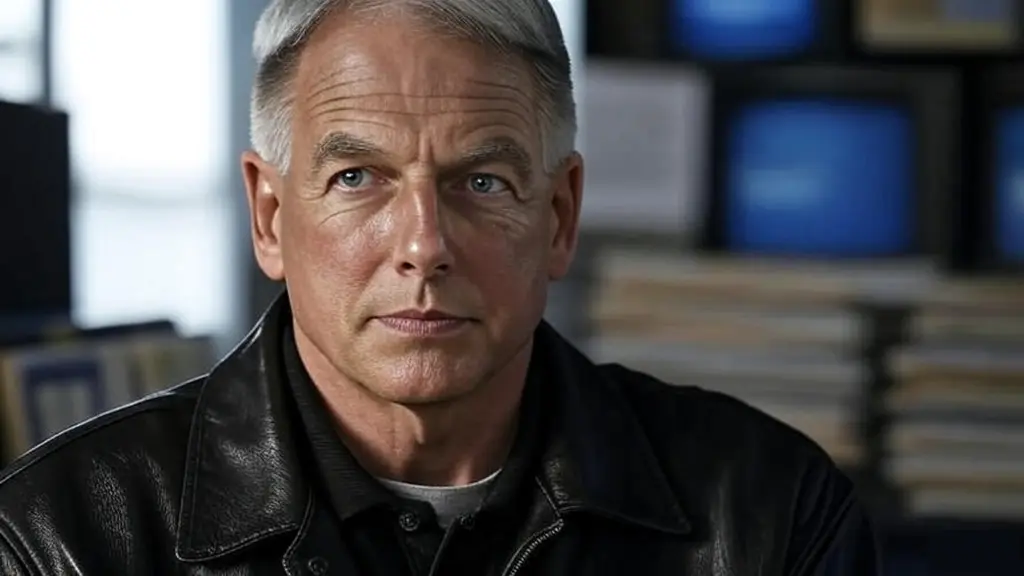Leroy Jethro Gibbs (Mark Harmon) began NCIS as a man of rules—clear, fixed, non-negotiable. Over so many seasons, the job didn’t get easier, but Gibbs changed. Personal grief, shifting loyalties, and a deeper bond with his team pushed him from rigid lines to something more complicated—and more human.
The Gibbs We Met vs. The Gibbs We Grew To Know
Early Gibbs was all edges: tight surveillance, zero patience for excuses, and rules etched in granite. Later, the same instincts were there, but the application softened. He still led with discipline—just with more room for trust, vulnerability, and consequence.
Shifting Boundaries: The Phone Rule

Gibbs used to insist on being reachable—often cited as Rule 3: “Never be unreachable” (the show occasionally doubled up on rule numbers). That stance fractured during undercover work and personal crises, when he ditched or sabotaged phones to create space—sometimes from enemies, sometimes from people who knew him too well.
Bold takeaway: Accessibility was once a virtue for Gibbs; later, distance became a tool—and a shield.
Evolving Suspect Interactions

Season 1 Gibbs defaulted to control and containment: no free movement, no unearned trust. Over time, there were notable exceptions—moments where he allowed suspects (later cleared) to breathe without hand-holding. Examples fans point to include “Caught on Tape” (Season 2) and “Ships in the Night” (Season 8), where gut instinct let him loosen the reins.
Bold takeaway: He never abandoned caution; he learned when to release it.
Finding Common Ground: The Lawyer Conundrum
Rule 13 is often remembered as “Never, ever involve lawyers.” Classic Gibbs didn’t hide his disdain for legal interference. But life forced nuance. In “Mother’s Day” (Season 7) he helped secure counsel for his former mother-in-law when she was pulled into a murder case.
Bold takeaway: Gibbs didn’t come to love lawyers; he came to respect the reality that justice sometimes needs them.
Love and Loss: Rule 12 Meets Jenny Shepard

Rule 12: “Never date a coworker.” And yet, Gibbs and Jenny Shepard shared a real, complicated history tied to international assignments and choices neither could fully undo. The relationship didn’t break the rule as much as expose its limits—career ambitions, grief, and unfinished business made clean lines impossible.
Bold takeaway: Rule 12 read clean on paper. Real life—especially theirs—was messier.
Why He Changed
- Grief and memory: Personal loss cut deep, softening the edges without dulling the blade.
- Found family: The team became his anchor, and anchors change how you move.
- Consequences: Years of cases taught him when mercy serves justice— and when it doesn’t.
Episode Touchpoints
- “Enigma” (S1): Early-era rules and boundaries on full display.
- “Caught on Tape” (S2): Space given where constant surveillance once ruled.
- “Mother’s Day” (S7): The lawyer rule bends for someone who mattered.
- “Ships in the Night” (S8): Trust—measured, not blind—begins to show.
“Gibbs didn’t get softer. He got smarter about what hardness costs.”
Gibbs never stopped being a master investigator. He just recalibrated the gap between rule and reality. That’s why fans stayed with him: the man who lived by rules learned when to answer to something else—his gut, his grief, and his people.





